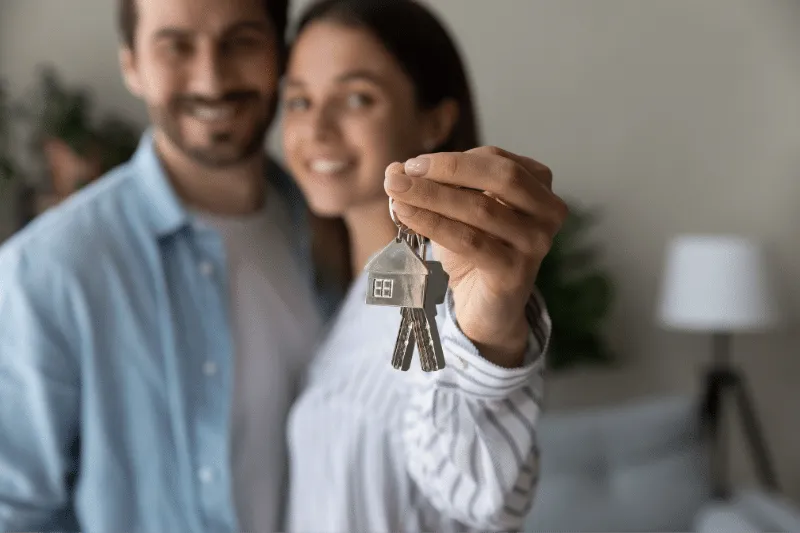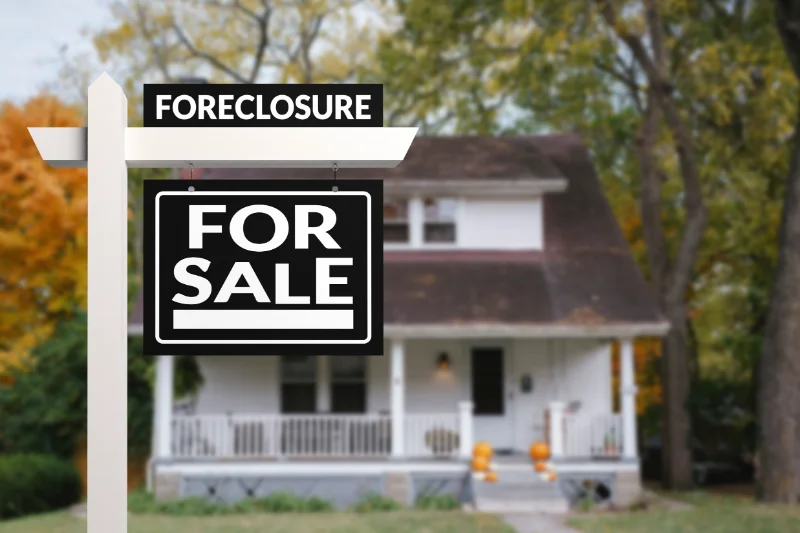5 Crucial Questions to Ask a Mortgage Professional Before Buying a Home
When it comes to purchasing a home, securing the right mortgage is a pivotal step in the process. To ensure you make informed decisions and choose the mortgage that best fits your needs, it’s essential to ask the right questions…











